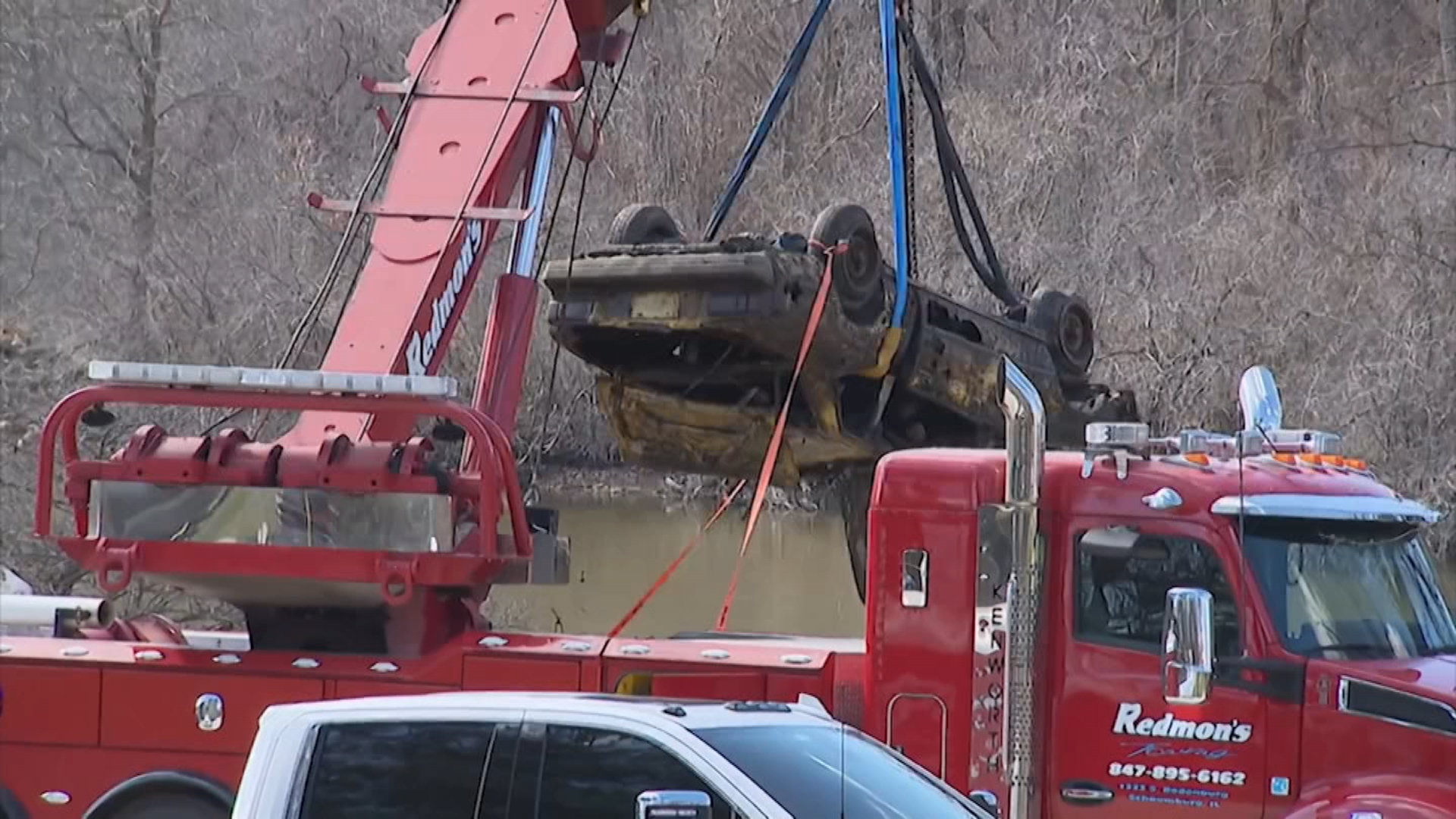Restaurants across the country including in the Chicago area have implemented coronavirus surcharges to combat rising food prices — a move that has prompted a backlash on social media and scrutiny from customers. NBC 5’s Lexi Sutter has more on a Chicago eatery contending with that very issue.
Restaurants across the country including in the Chicago area have implemented coronavirus surcharges to combat rising food prices — a move that has prompted a backlash on social media and scrutiny from customers.
The Harold's Chicken Shack location in Chicago's Lakeview neighborhood added a surcharge Saturday, and on Monday, the restaurant received calls "all day, nonstop," manager Jaquelyn Santana said.
The restaurant initially added a 26% surcharge to make up for a 26% increase in supply costs, but after the first day decreased the surcharge to 15% as a result of backlash from customers.
A photo of a receipt from the restaurant has generated hundreds of comments on social media — many, but not all, criticized the restaurant.
One customer told NBC 5 that he was blindsided by the surcharge.
"If they would come forward, put a sign in the window or make it clear at the stand or highlight in red as you’re checking out, I think that will be more of an ideal situation to handle it," customer Peter Rangel said.
The Harold's location eliminated the charge altogether after more than 36 hours, which resulted in the restaurant cutting employees' hours.
In a statement, Chicago's Department of Business Affairs and Consumer Protection said it was investigating the situation.
"A reasonable increase in prices due to COVID-19 can be acceptable, however, failure to disclose a price increase prior to purchase or claiming that a charge added by the business is a tax, would be considered deceptive practiced and would not be legal," a spokesman told NBC 5.
Local
Gov. J.B. Pritzker advised restaurants that are considering adding surcharges to go about it carefully.
"I know that businesses are suffering and they're trying to, you know, figure out how they can open...and operate profitably with [a] downsized number of people potentially, in their business," Pritzker said.
Similarly, diners across the country should be prepared for the possibility of seeing a surcharge on their receipt, Gregory Frank, a partner at Frank LLP Class Action Litigators, told TODAY.
According to the New York City-based attorney, these charges are legal.
This is a real power struggle for us to stay in business.
Jaquelyn Santana, manager at Harold's Chicken Shack Lakeview
"Generally, restaurants are allowed to structure their pricing however they like," Frank said. "The important question is whether the restaurants are disclosing to consumers what they are paying before they pay it, so they can make their own informed choices."
Restaurants typically handle cost fluctuations by altering menu prices, but the cost of reprinting menus can pose an additional burden to already struggling restaurants.
"For short term cost increases, like this crisis, it makes more economic sense for the restaurant to change their point of sale system to add a fee. Doing it this way can also make the customer more comfortable paying the fee knowing that it is temporary and related to the circumstance," he continued. "It also makes it more likely they will lower the prices again after the crisis as a 'COVID-19 fee' would certainly look suspect after the crisis."
Meanwhile, Santana, the manager of Harold's Chicken in Lakeview, said Monday night that the restaurant would immediately be raising prices in order to make ends meet.
"We weren’t trying to hide anything or have hidden fees," she said. "This is a real power struggle for us to stay into business."



